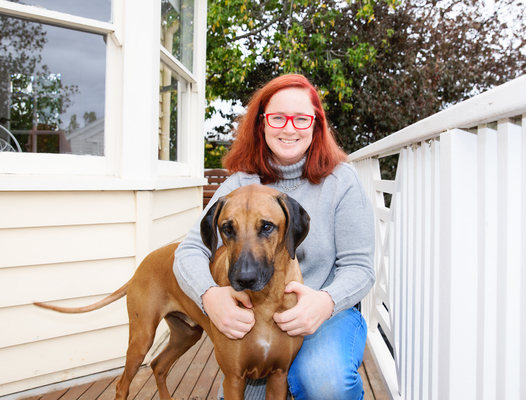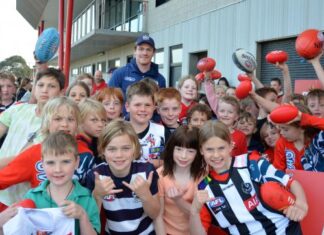World-leading researchers have gathered in Geelong to shed light on one of the most-puzzling medical conditions.
Attendees at this week’s three-day conference detailed the impact of chronic fatigue syndrome (CFS), also known as myalgic encephalomyelitis.
An estimated 240,000 Australians experience the condition, whose symptoms include severe mental and physical tiredness that cannot be resolved through rest.
Geelong’s ME/CFS International Research Symposium was the second major Australian conference of its kind in the past year.
Emerge Australia’s Dr Heidi Nicholl said the event highlighted latest biomedical research findings to increase the understanding of CFS.
“It’s vital the brightest minds in medical research globally share what we know about ME/CFS and collaborate on the areas which need more enquiry,” Dr Nicholl said.
CFS lacks any biomedical diagnostic tests, clear treatment guidelines or cure.
An estimated 25 per cent of sufferers are so severely affected they are either bed or house-bound.
Geelong’s Simonne Harrison said she had suffered from CFS since she was a teenager, experiencing 31 years of crippling symptoms.
“It’s completely frustrating,” Ms Harrison said.
“I lack basic cognitive skills and find it difficult just to do normal day-to-day activities.
“Due to my condition my husband has taken on a lot more responsibility and it’s also been really hard on my 11-year-old son.
“Because your priorities change, you stop participating within society as a whole. Putting my health and family first has meant I’ve missed out on a lot of things and lost friends as well.”
Ms Harrison said inadequate public understanding of CFS meant that some sufferers were also unfairly stigmatised.
“It’s exciting to see ME/CFS receive further investigation on a biological level, instead of it just being referred to as a physiological condition,” she said.
“The quality of researchers at this event was huge and it’s so great it all happened right here in Geelong.”









